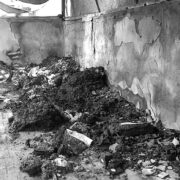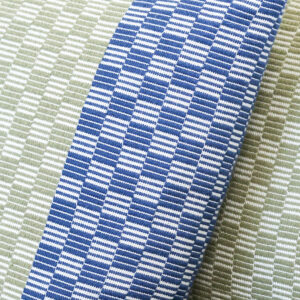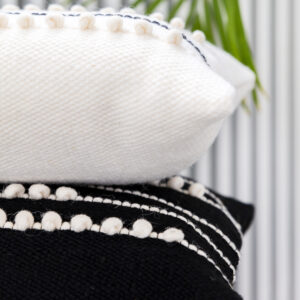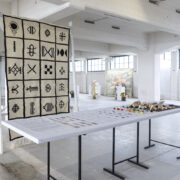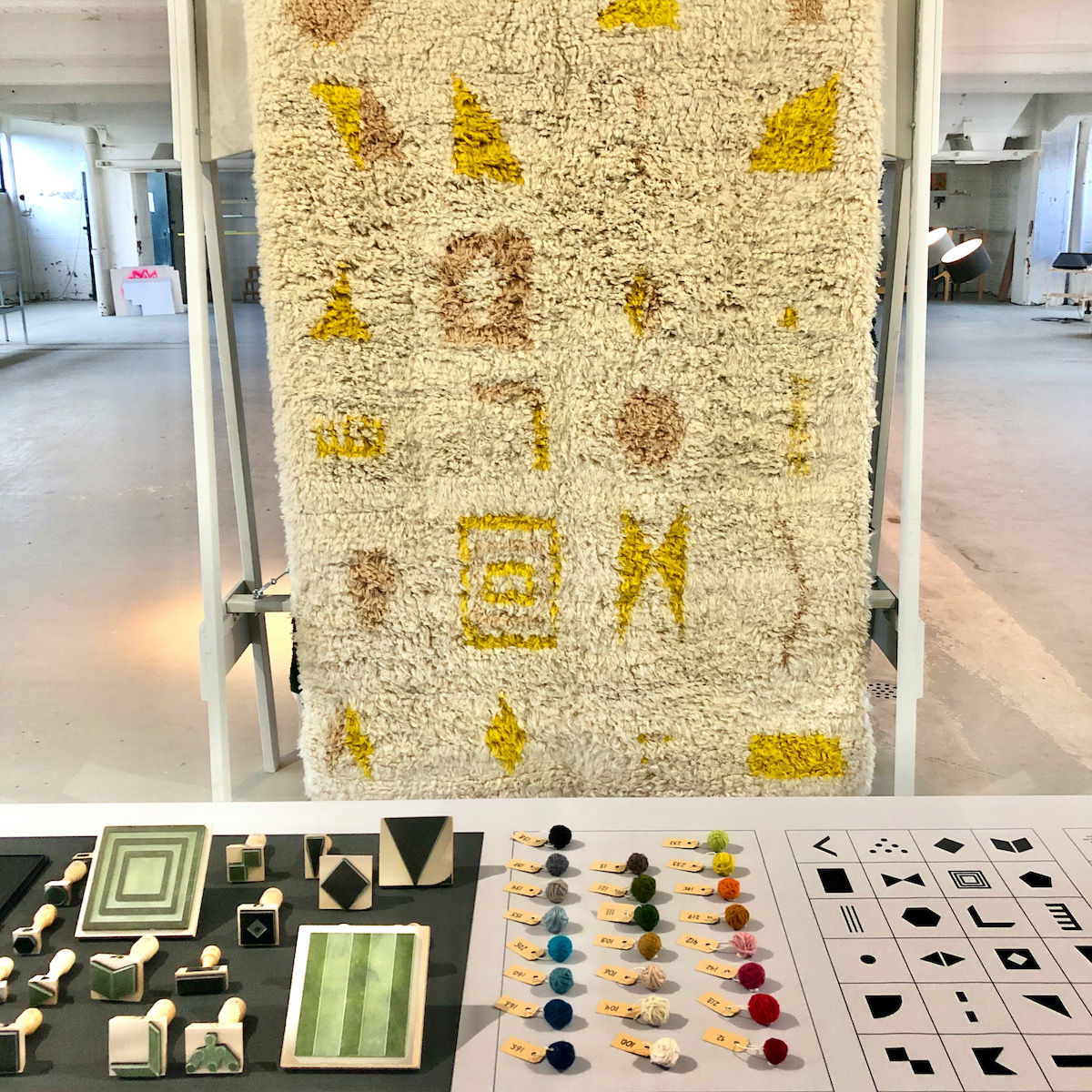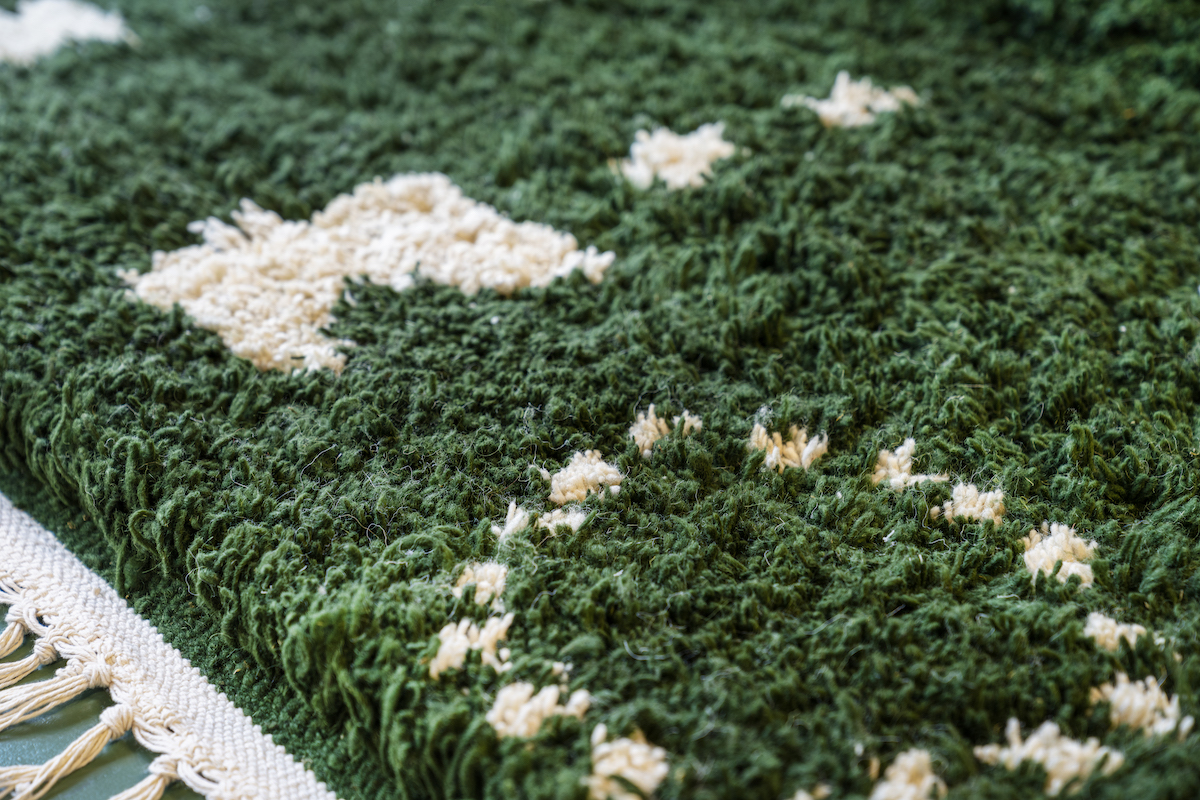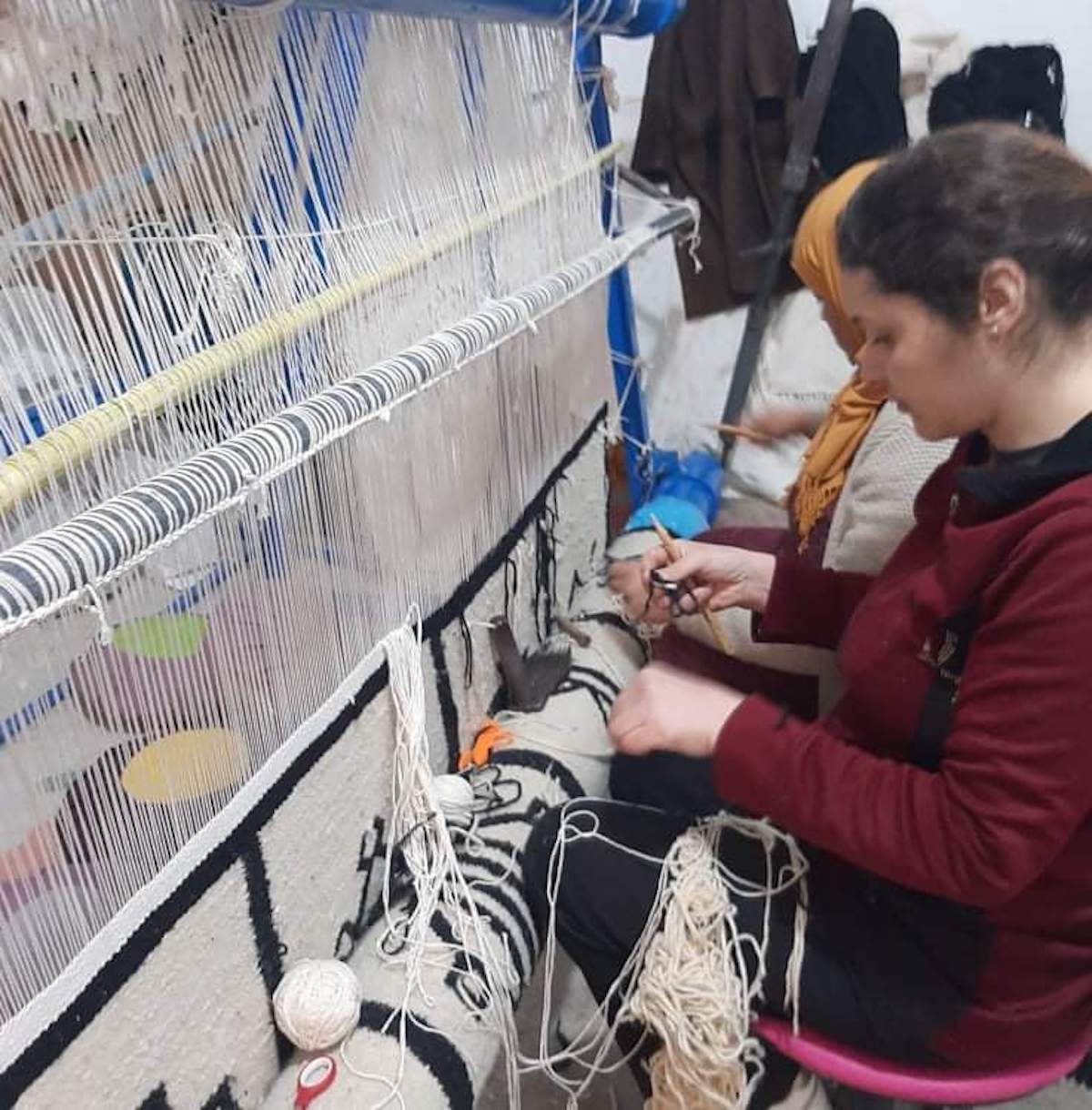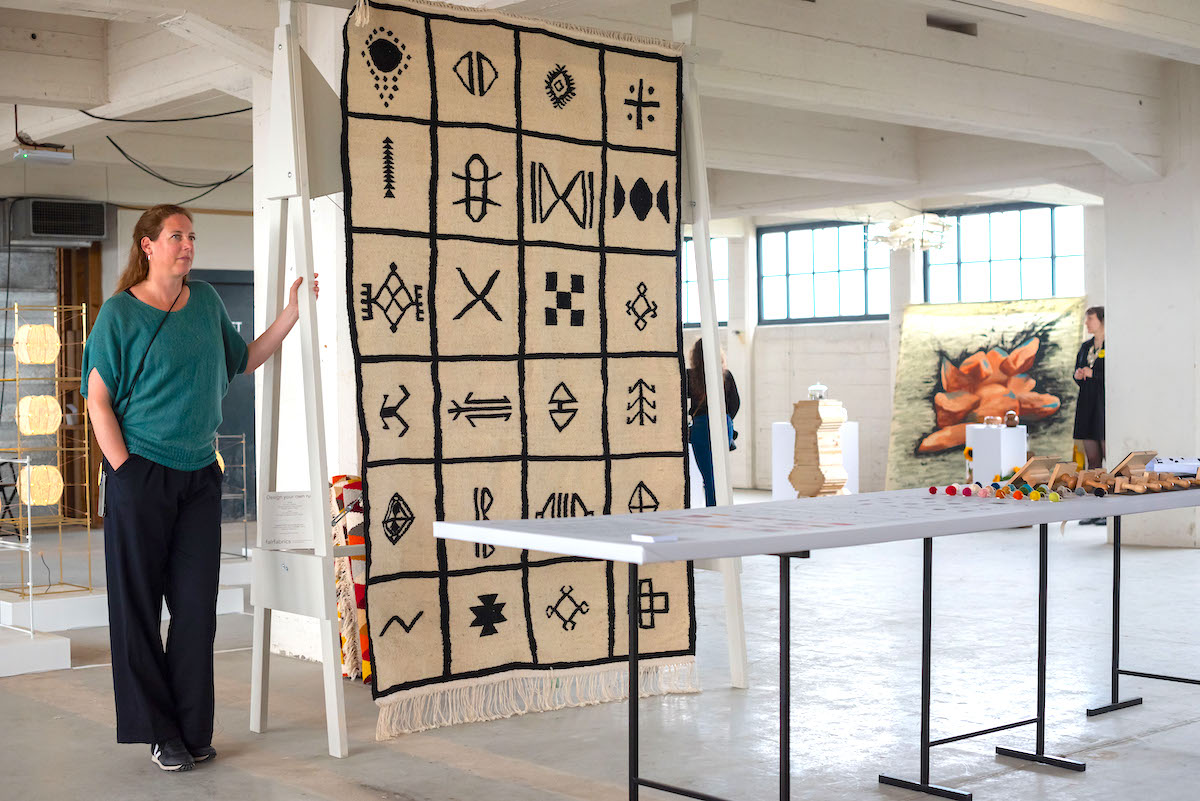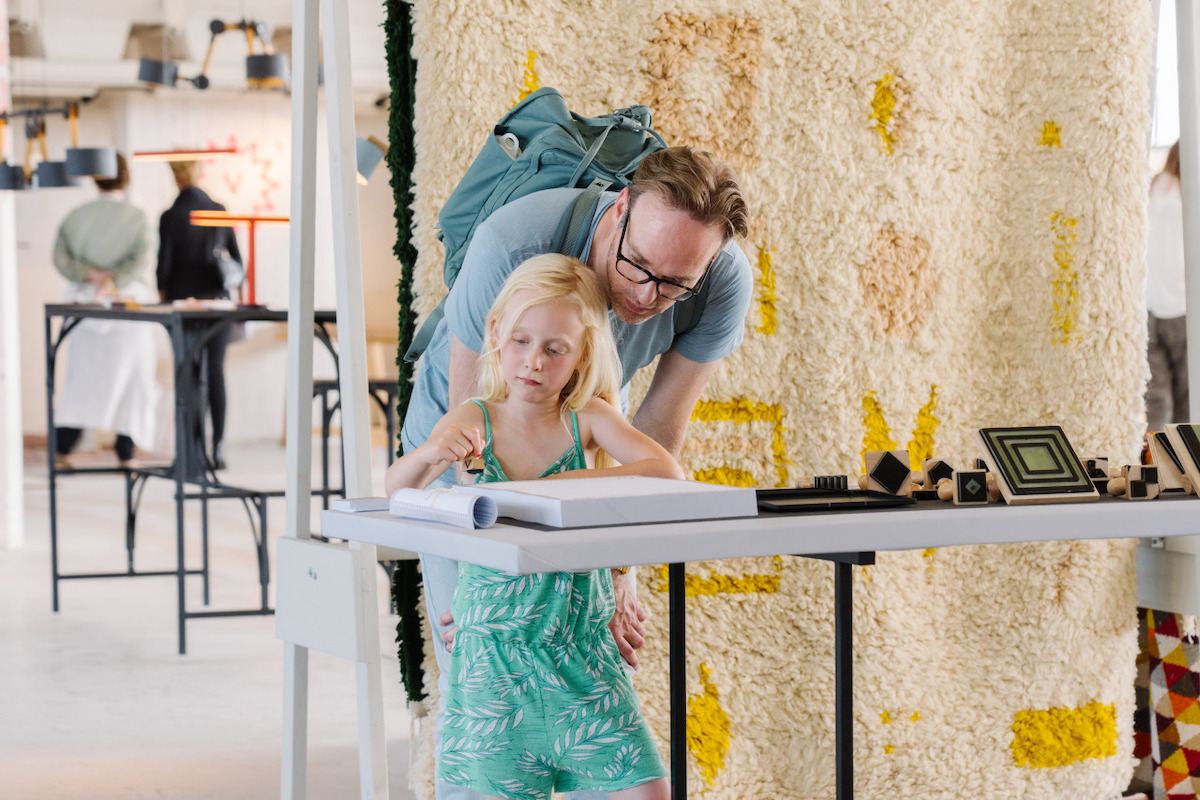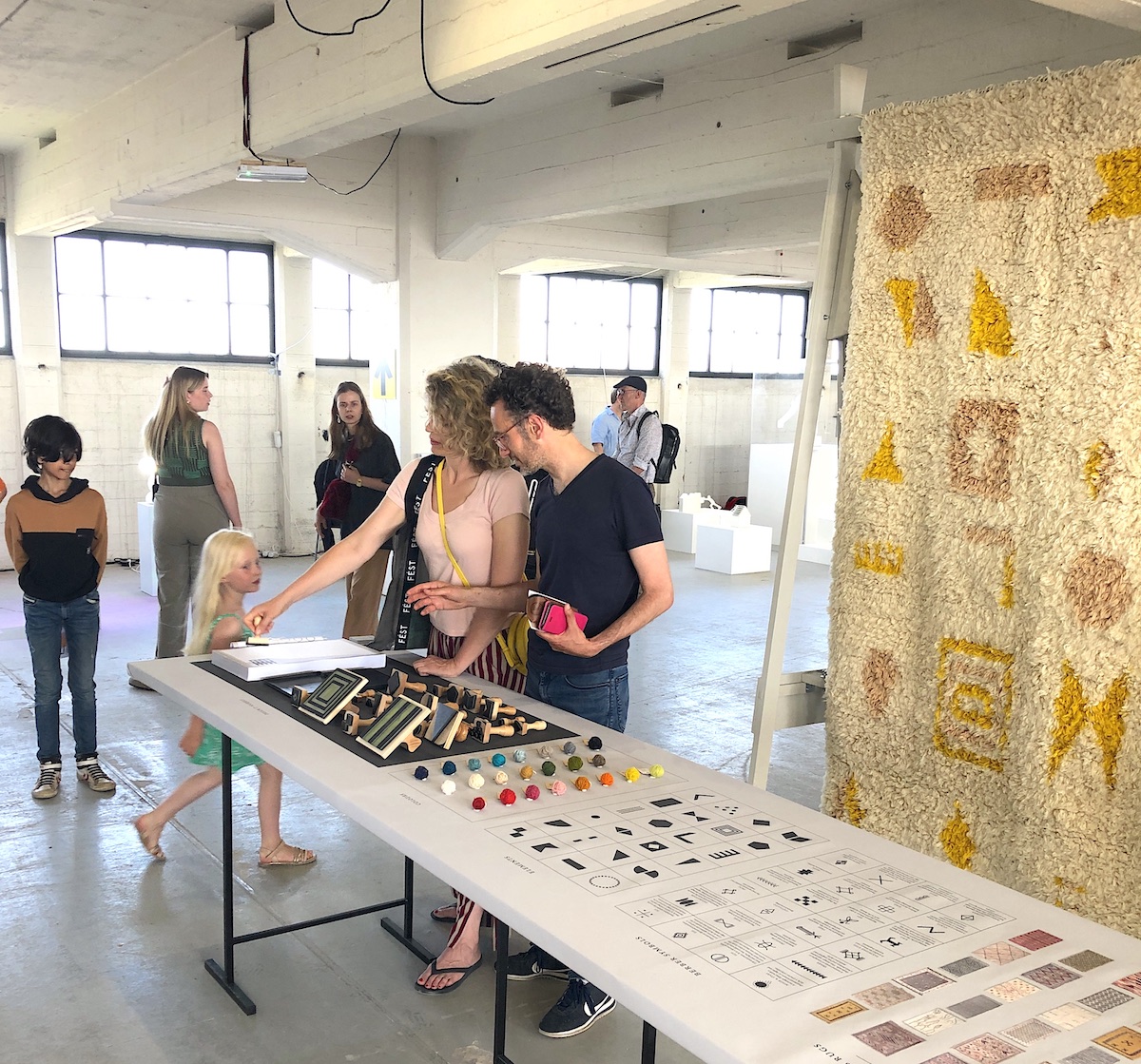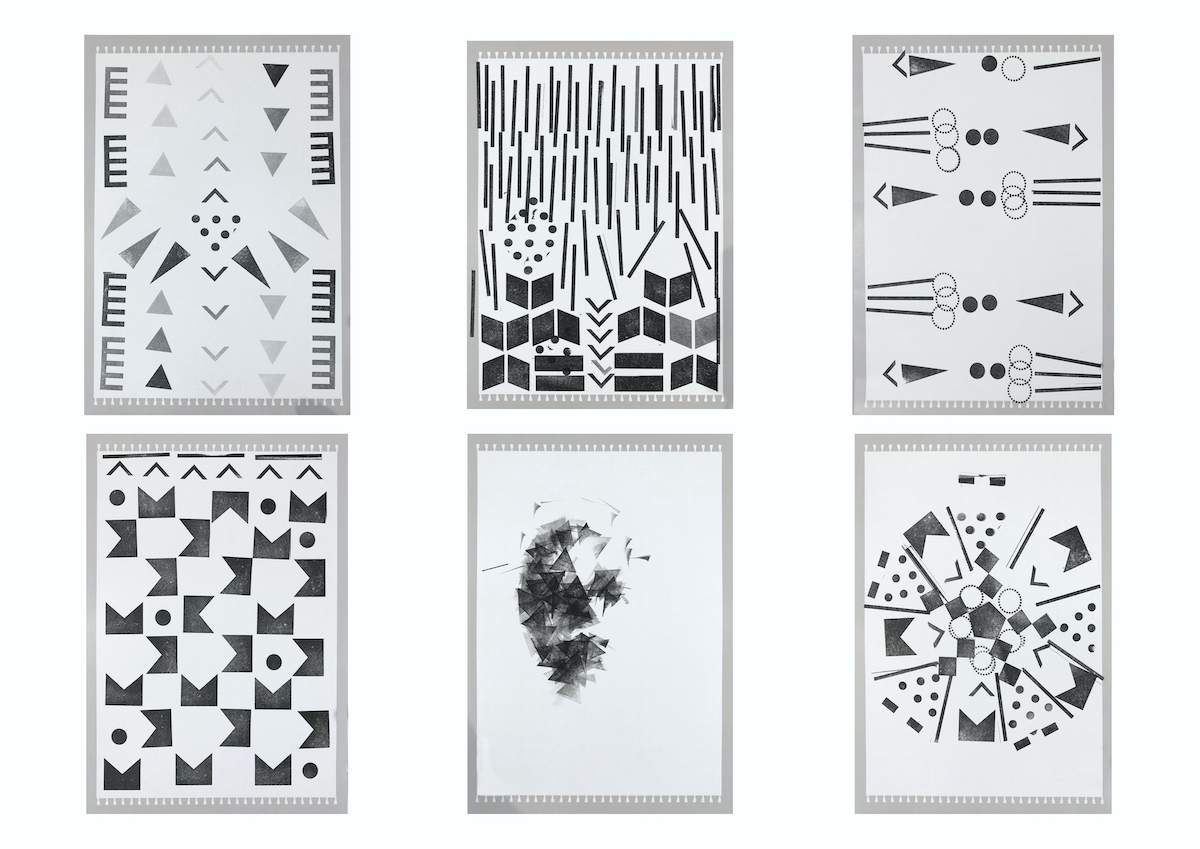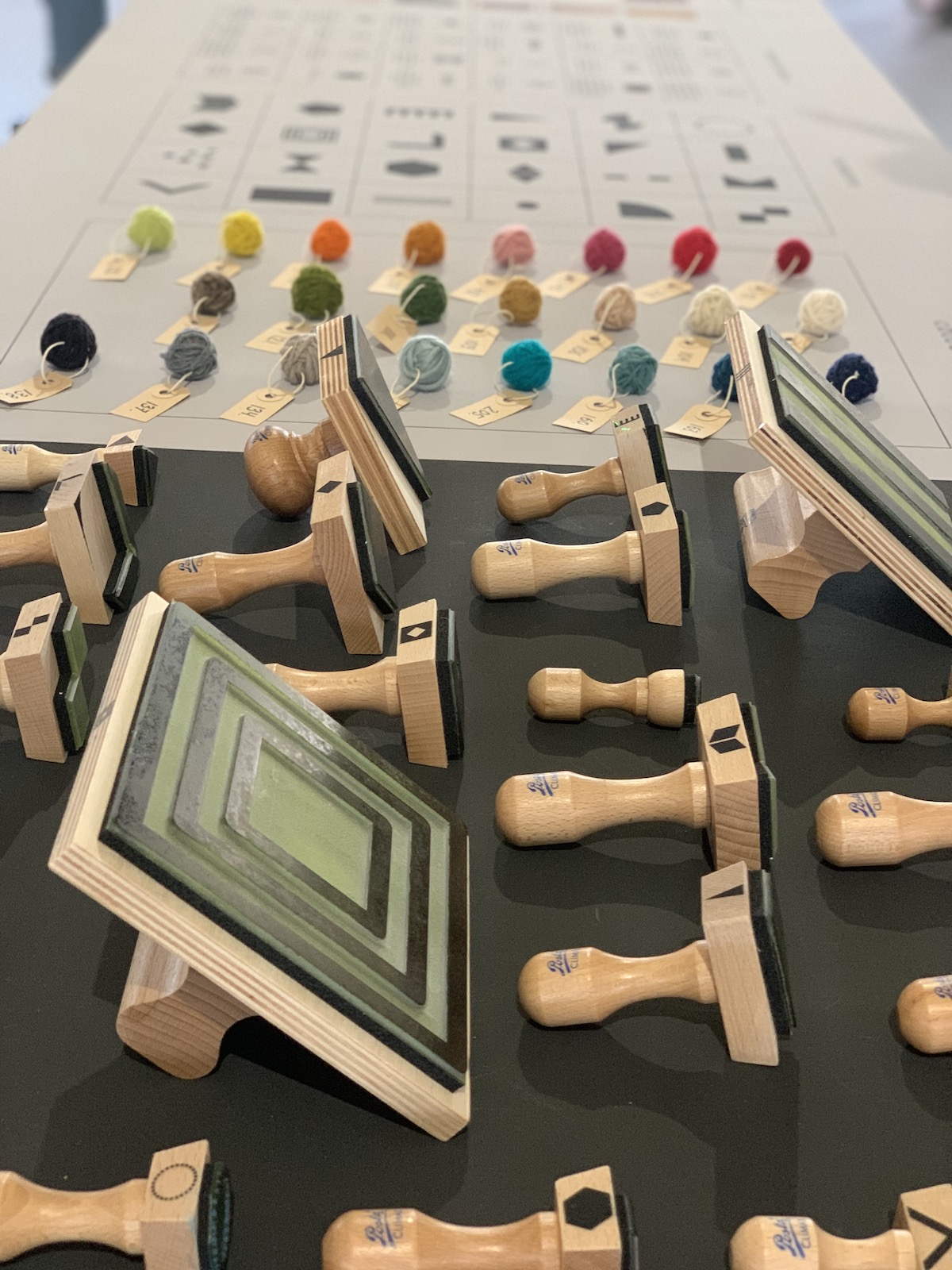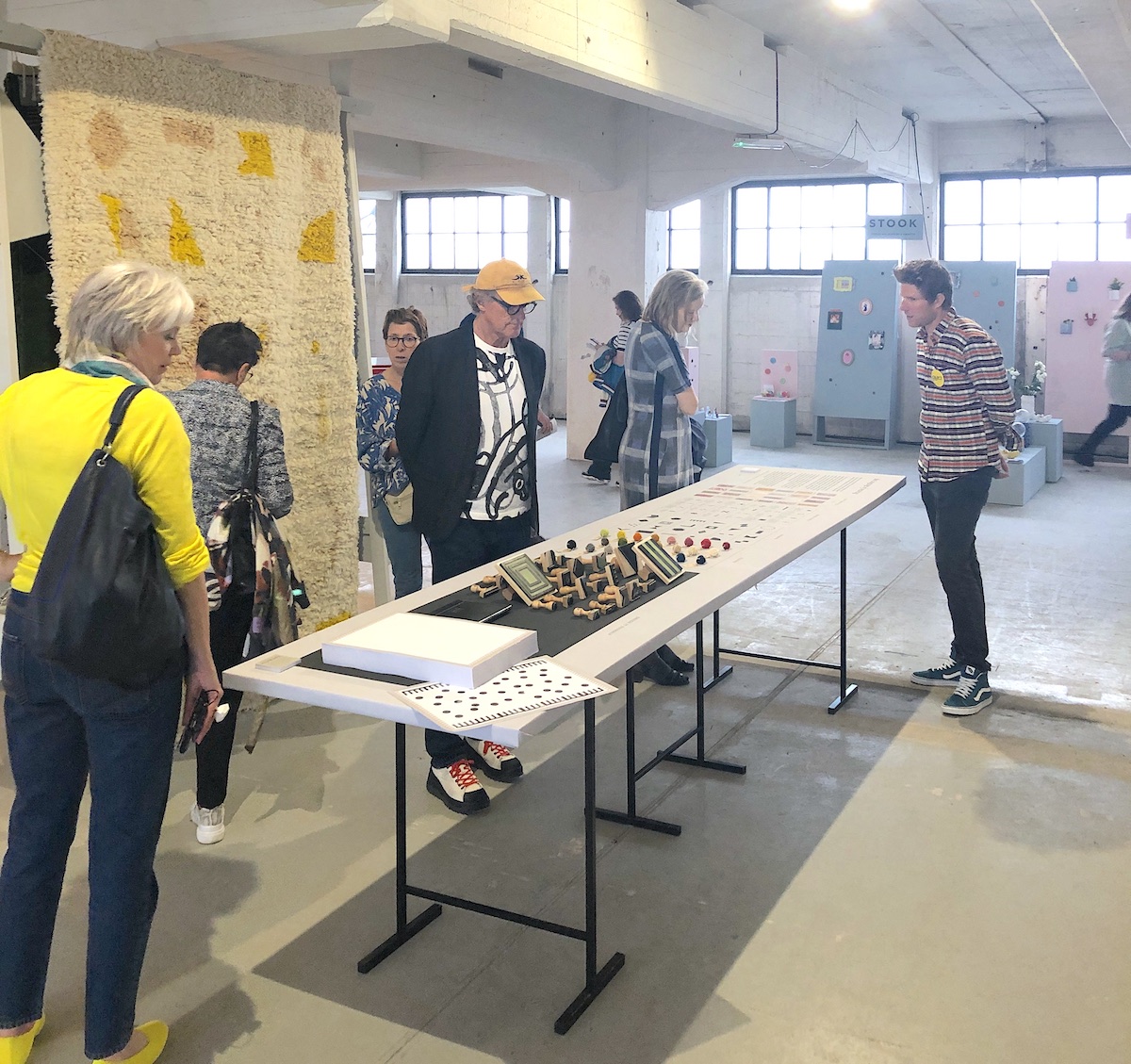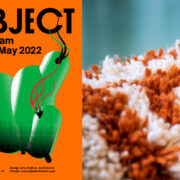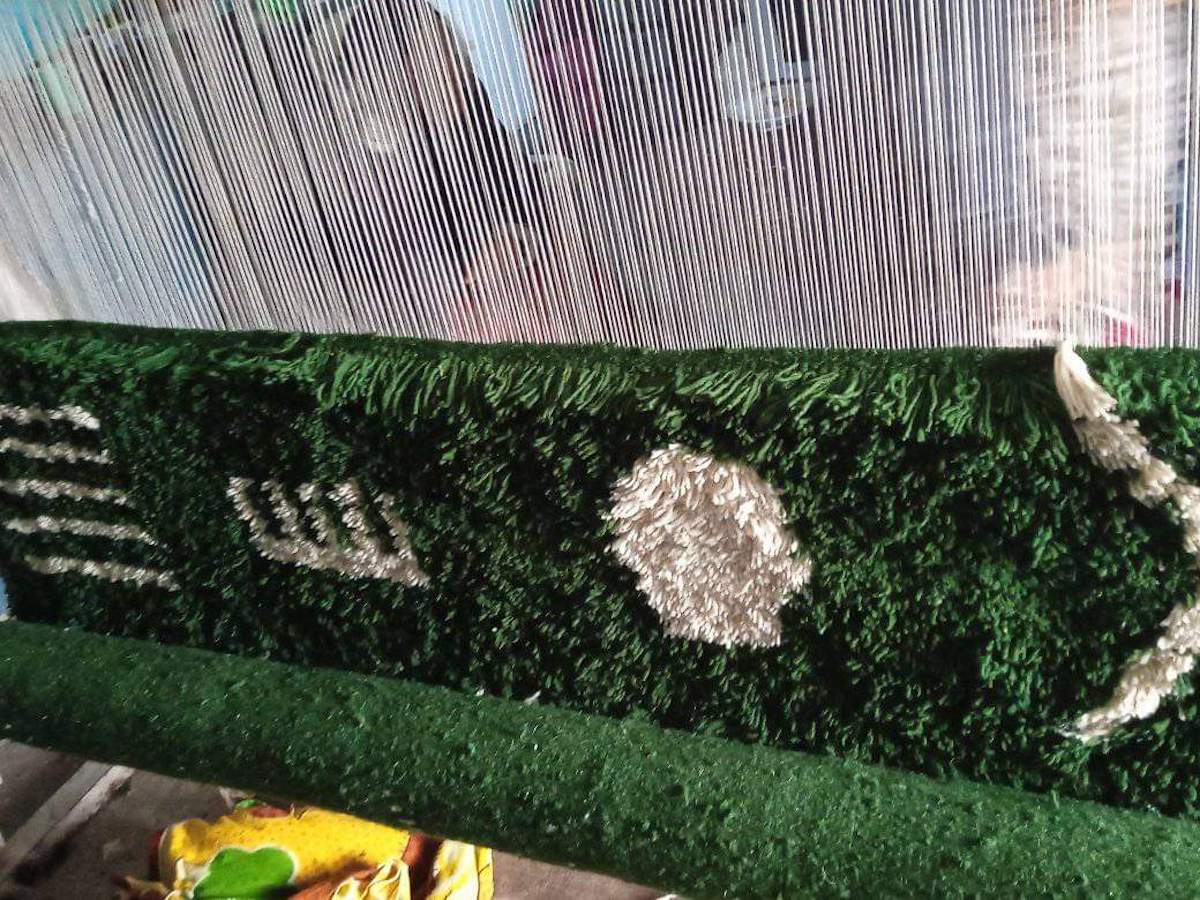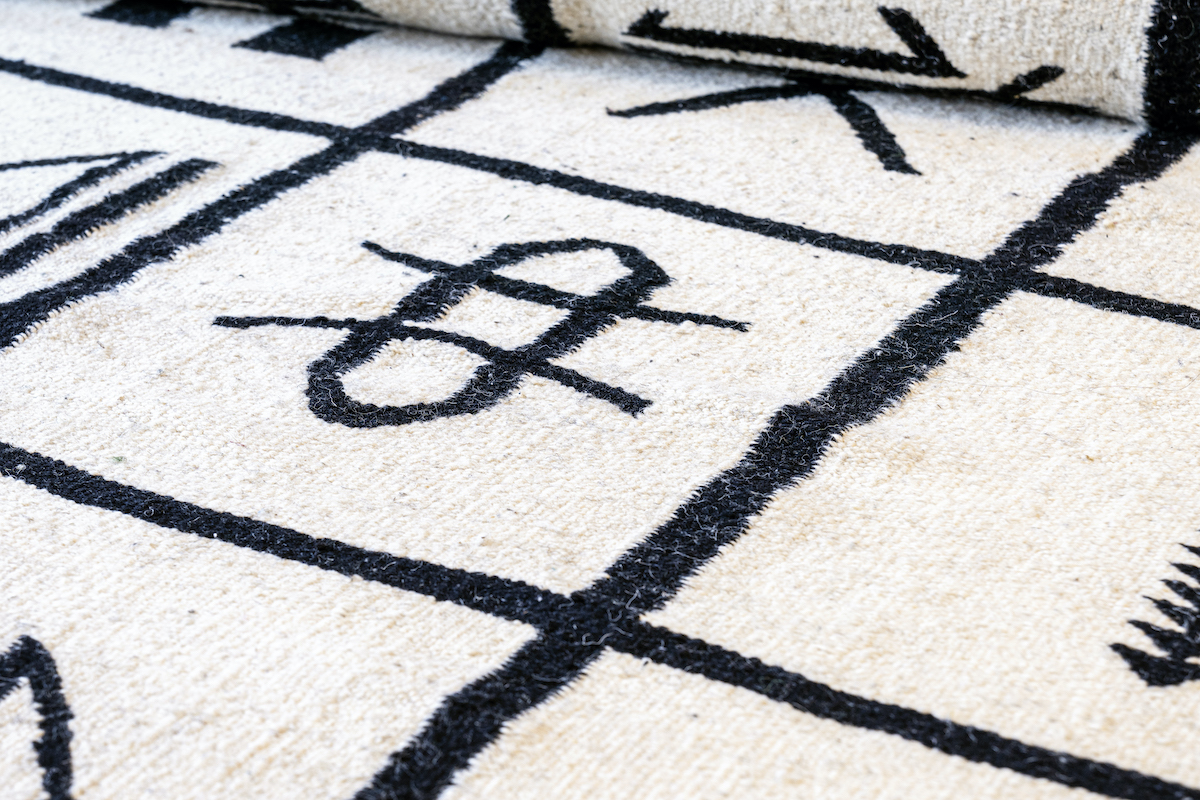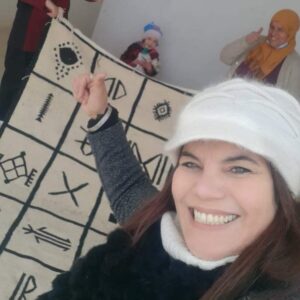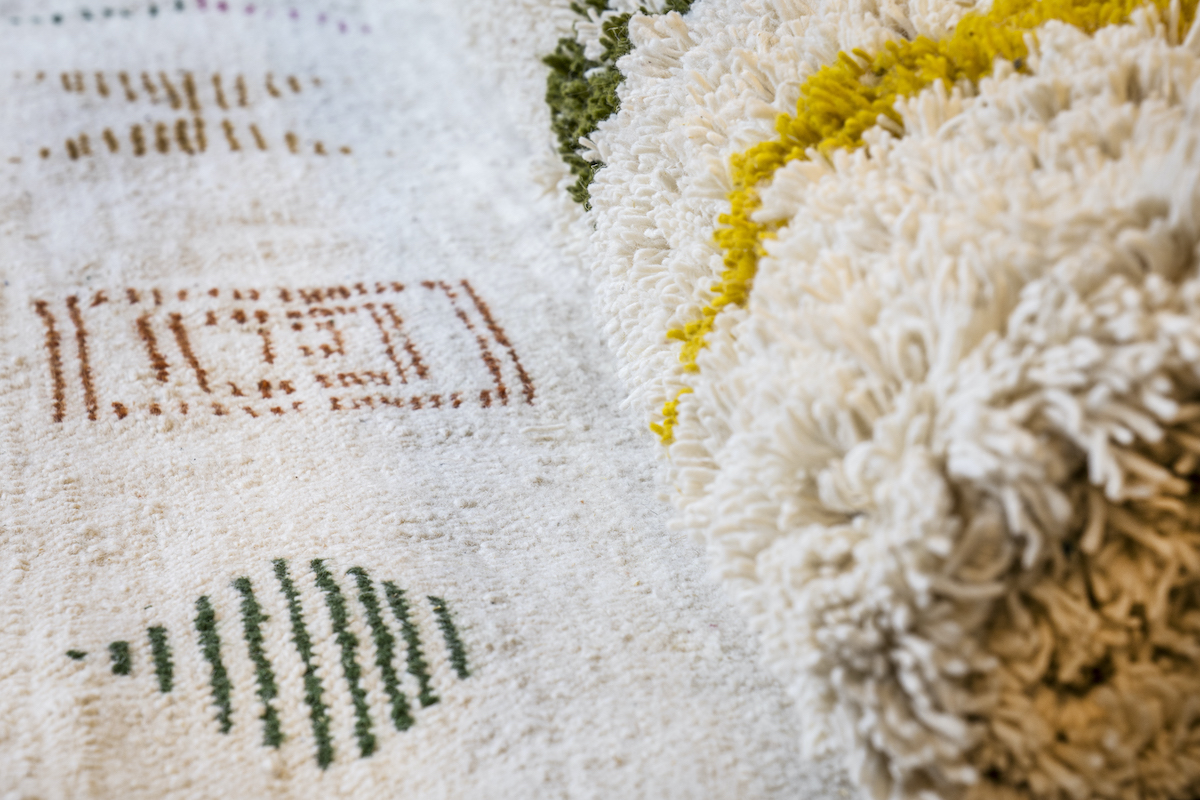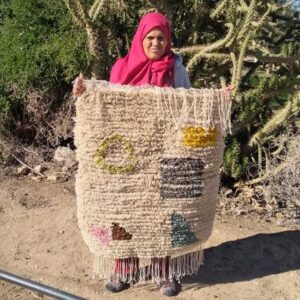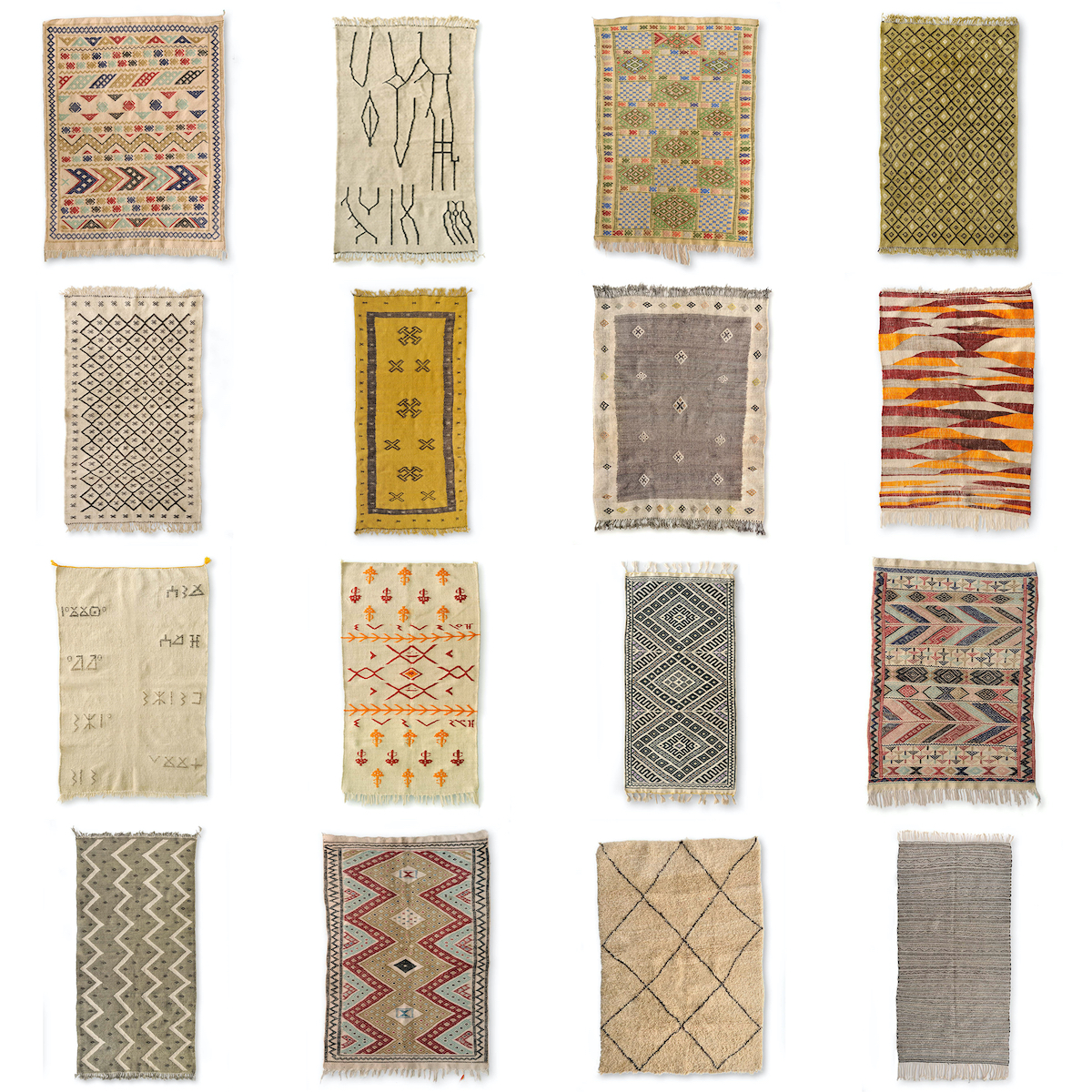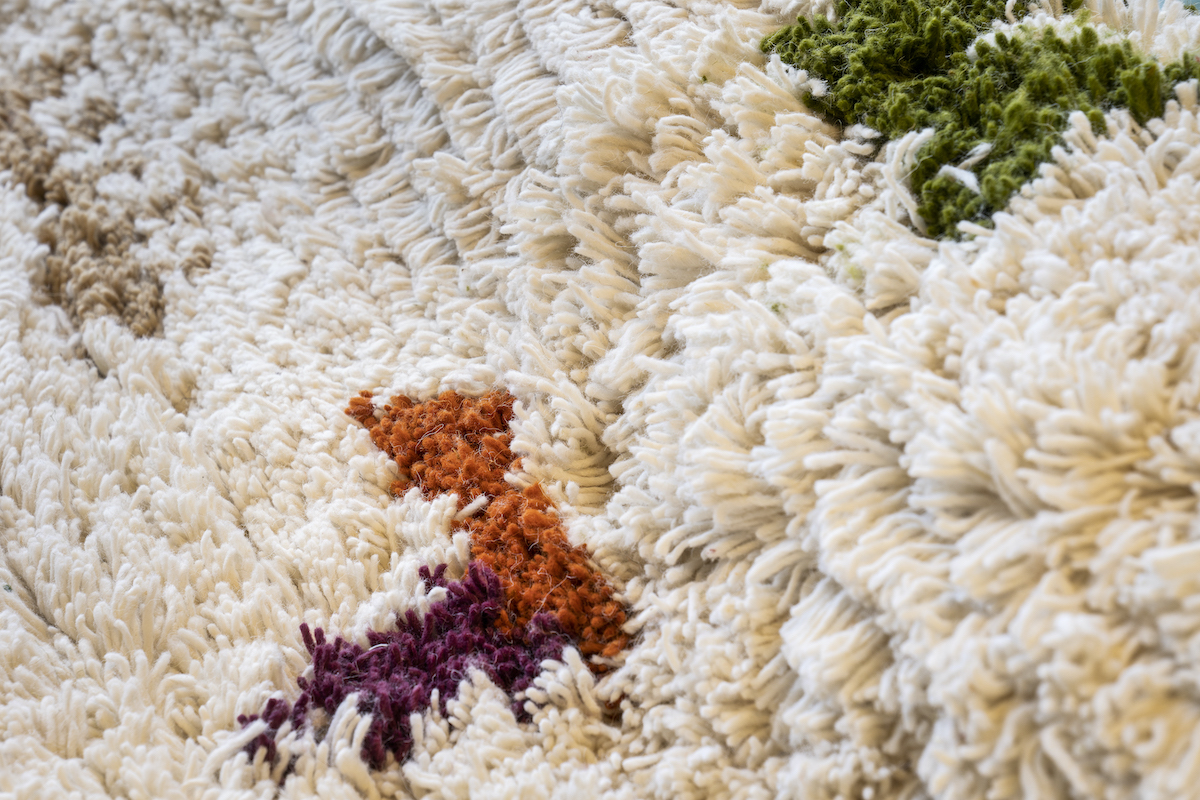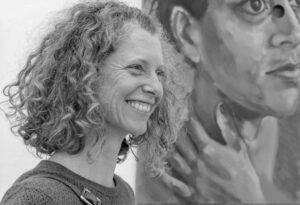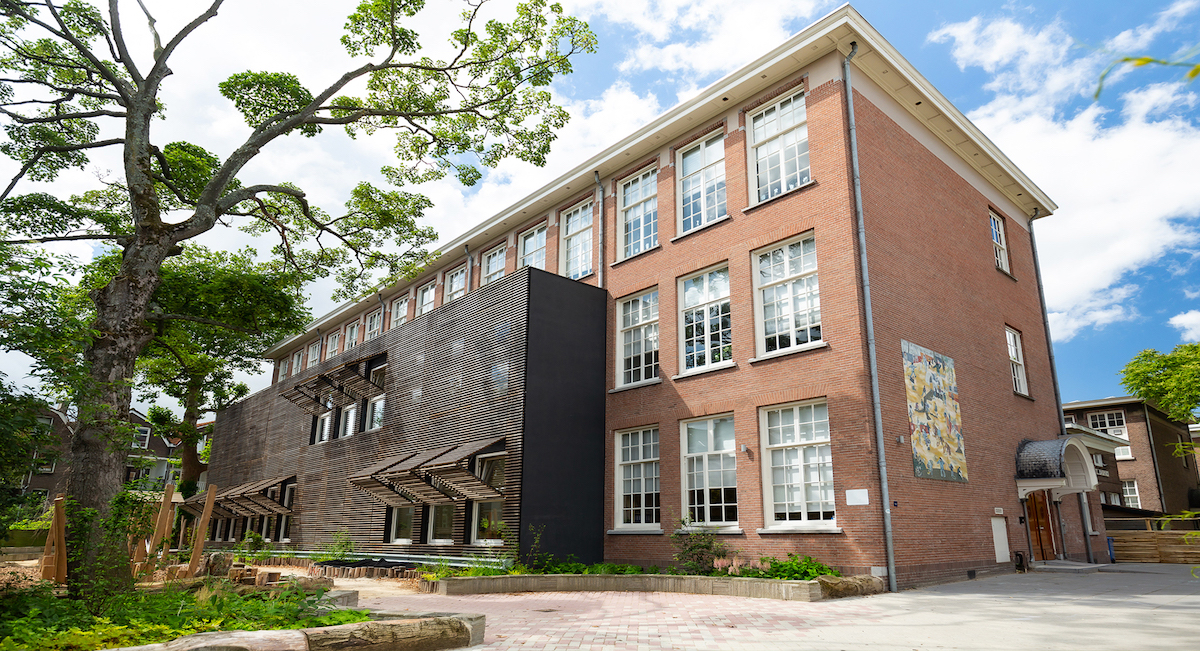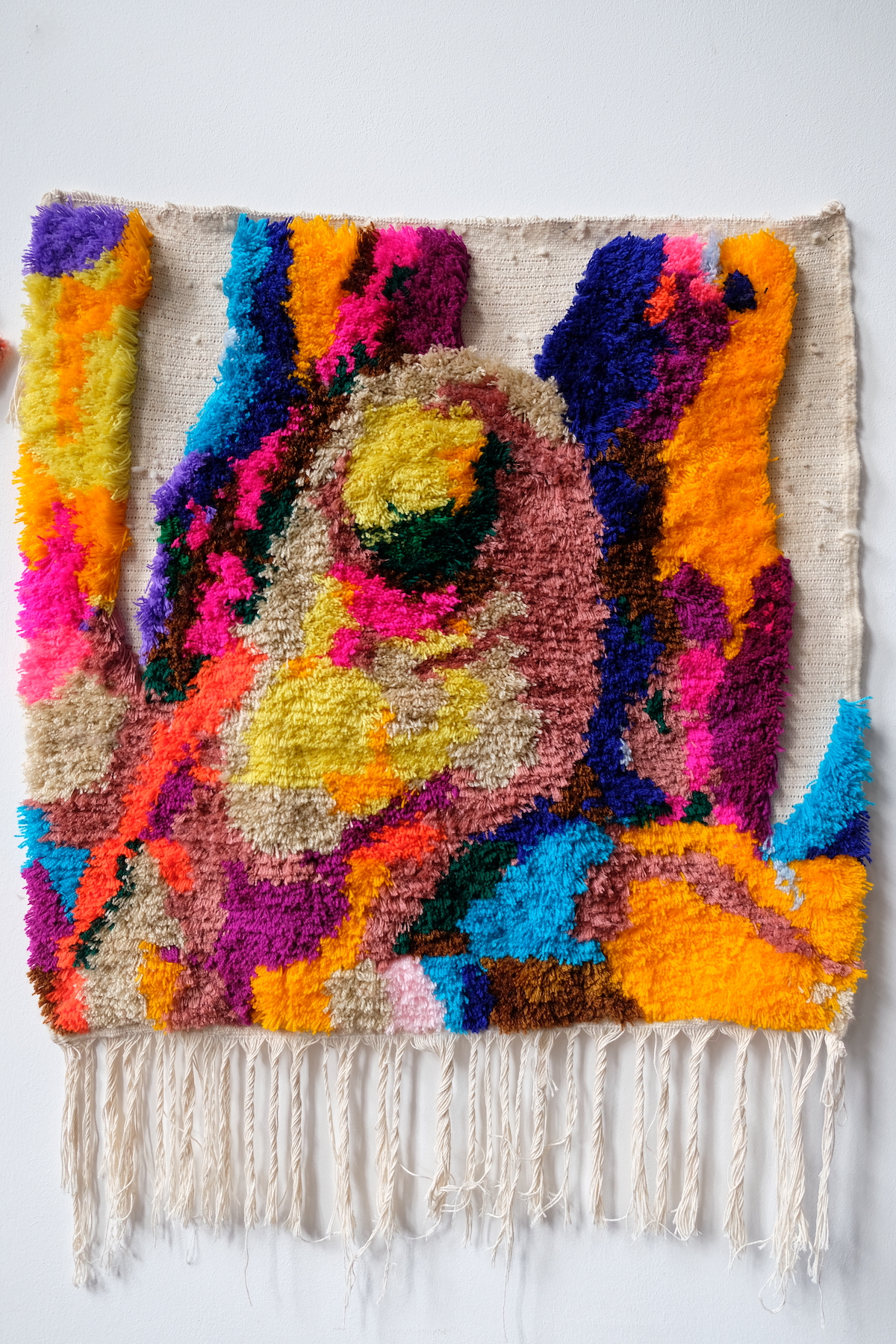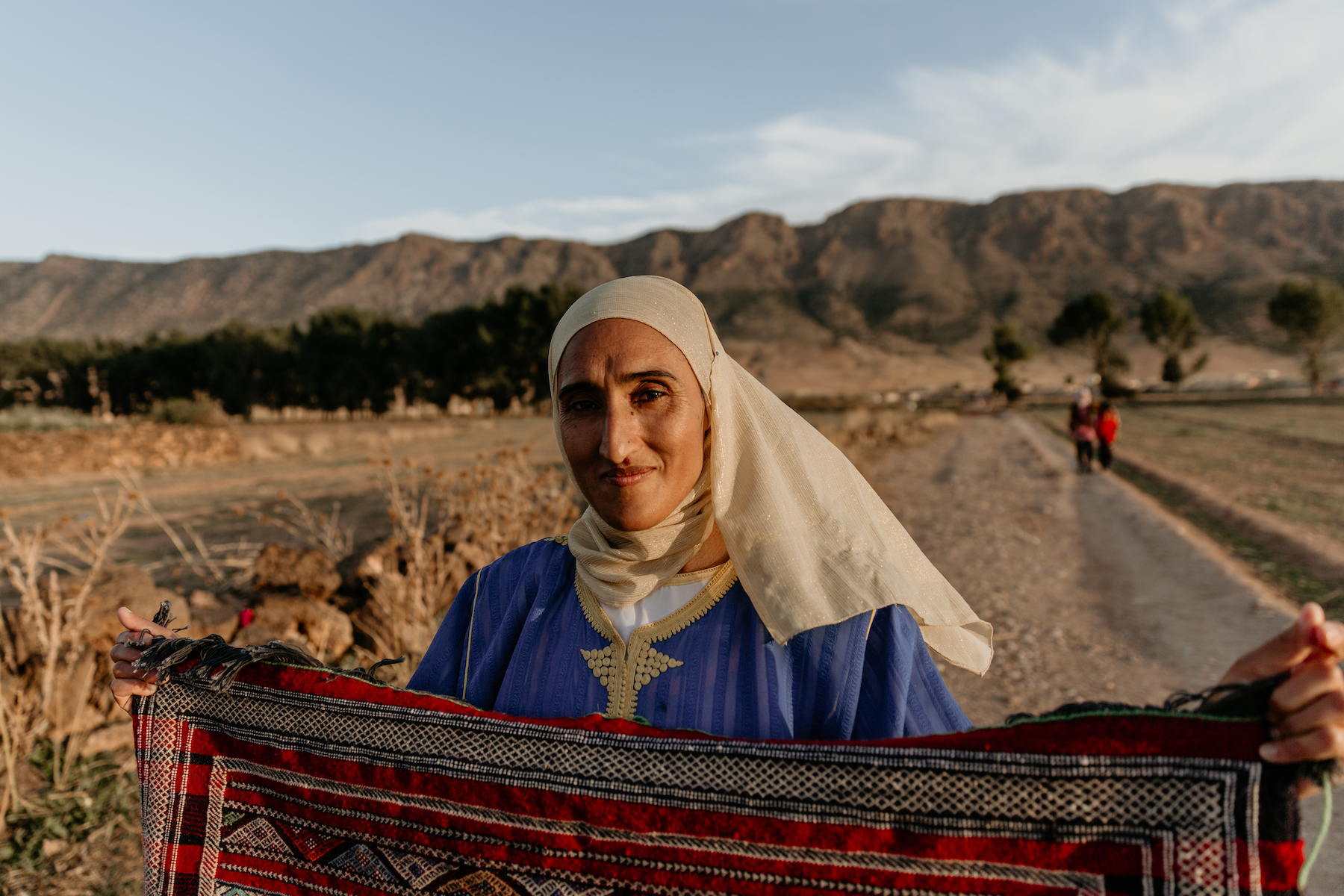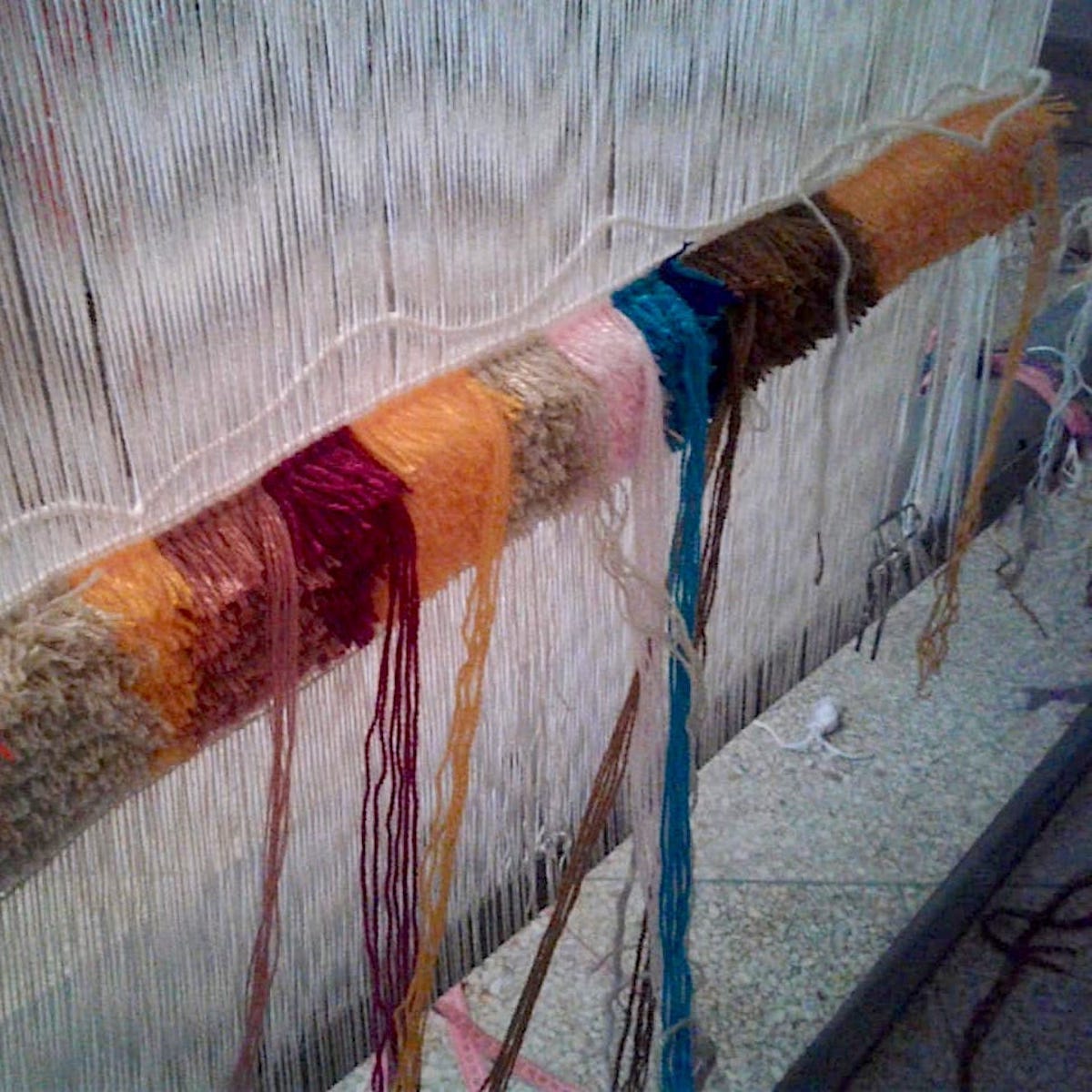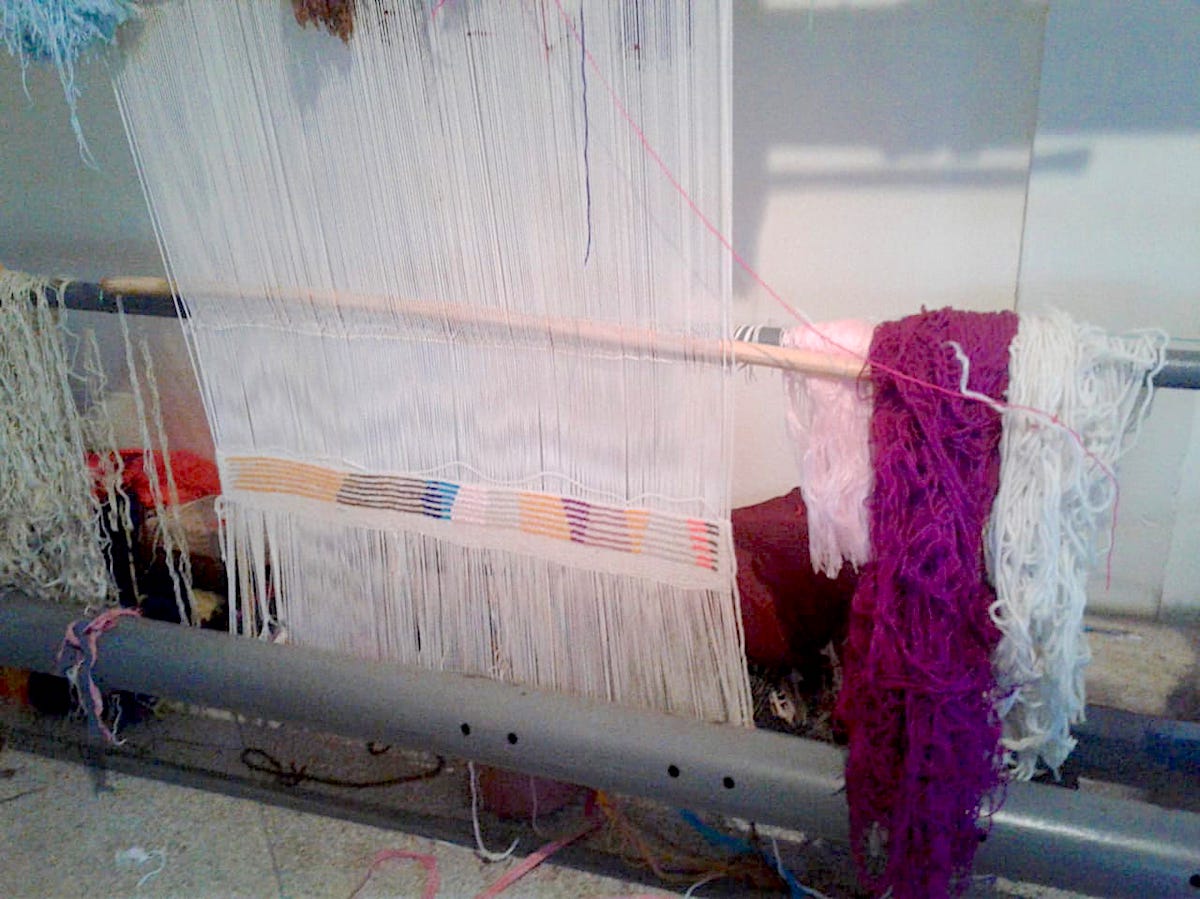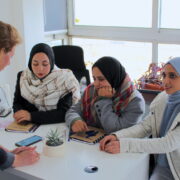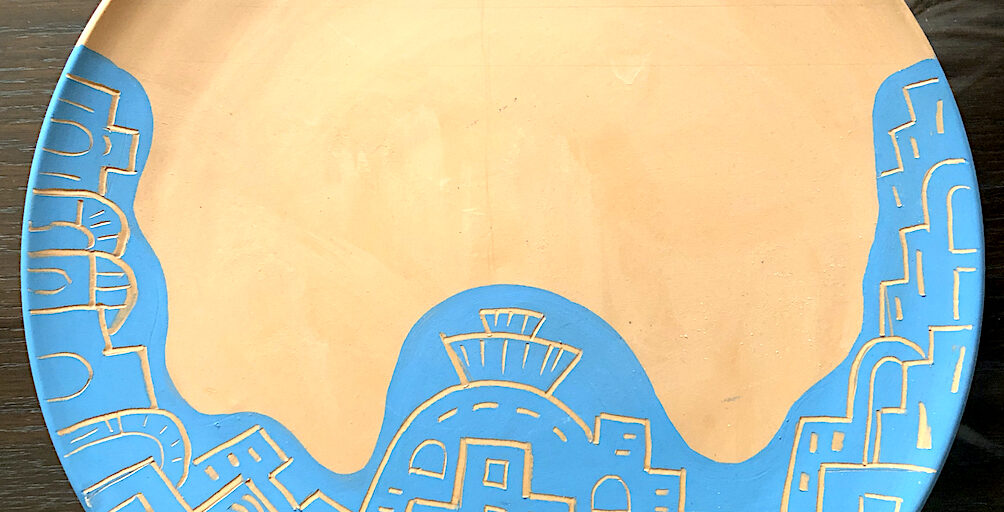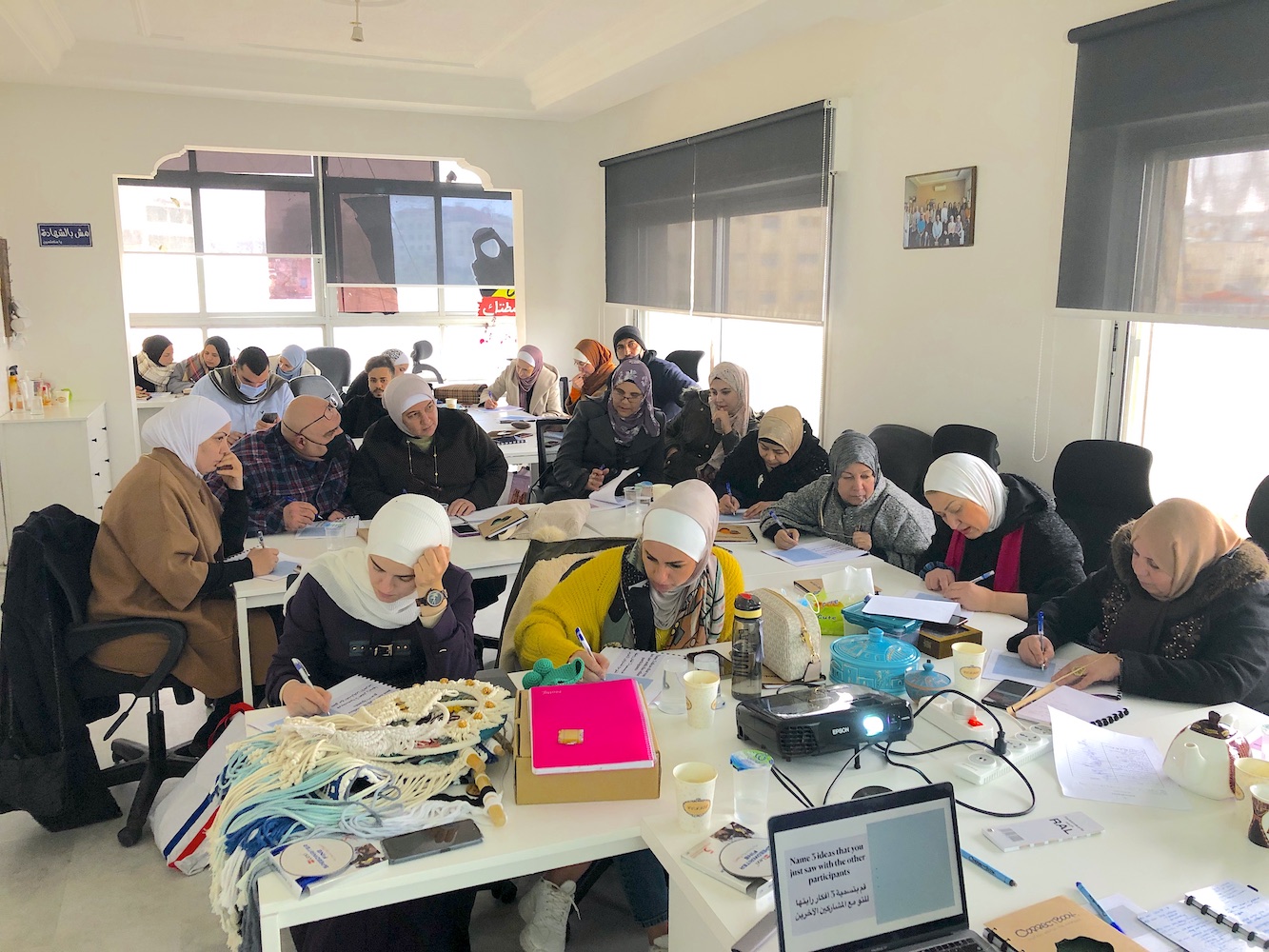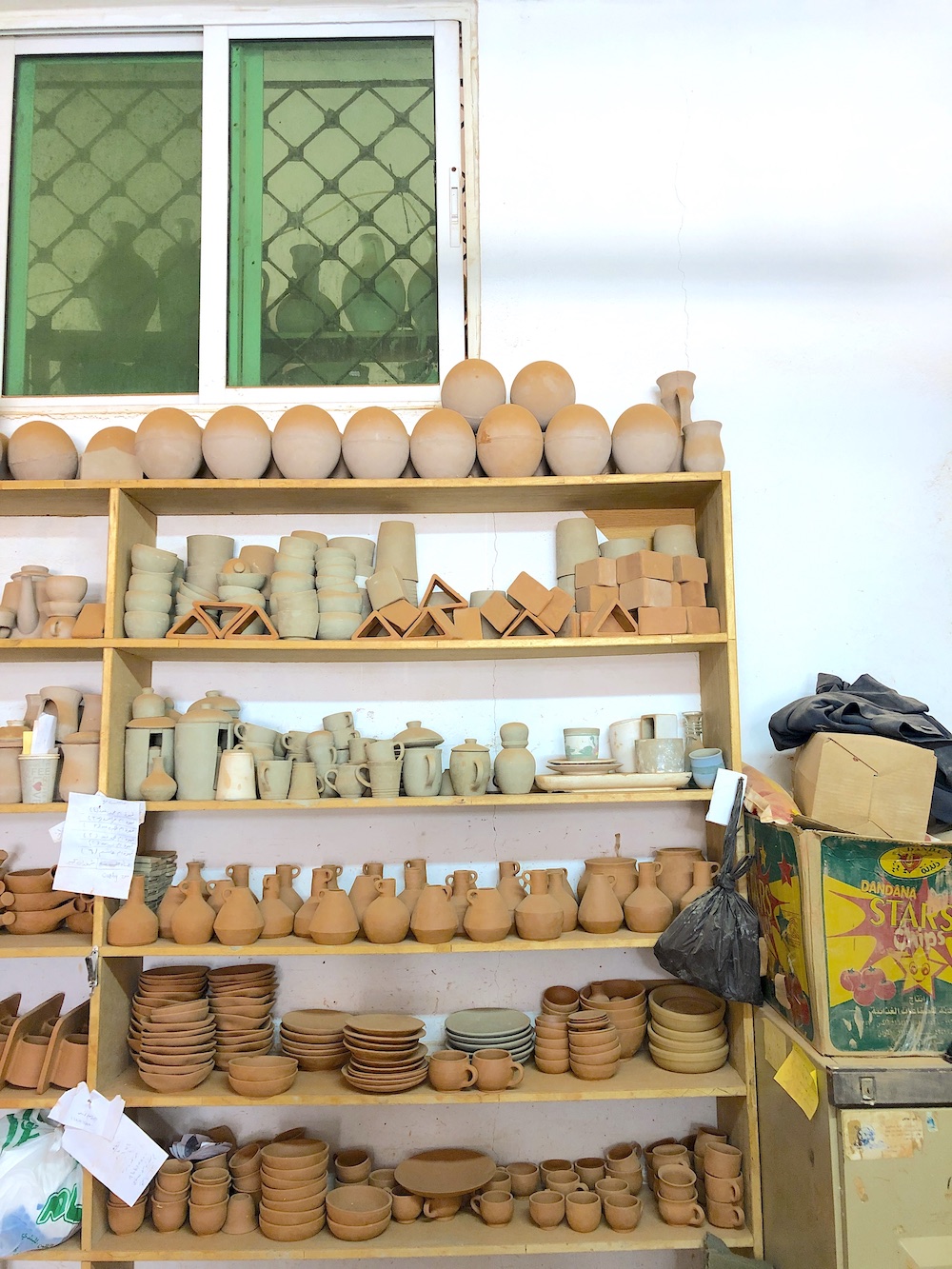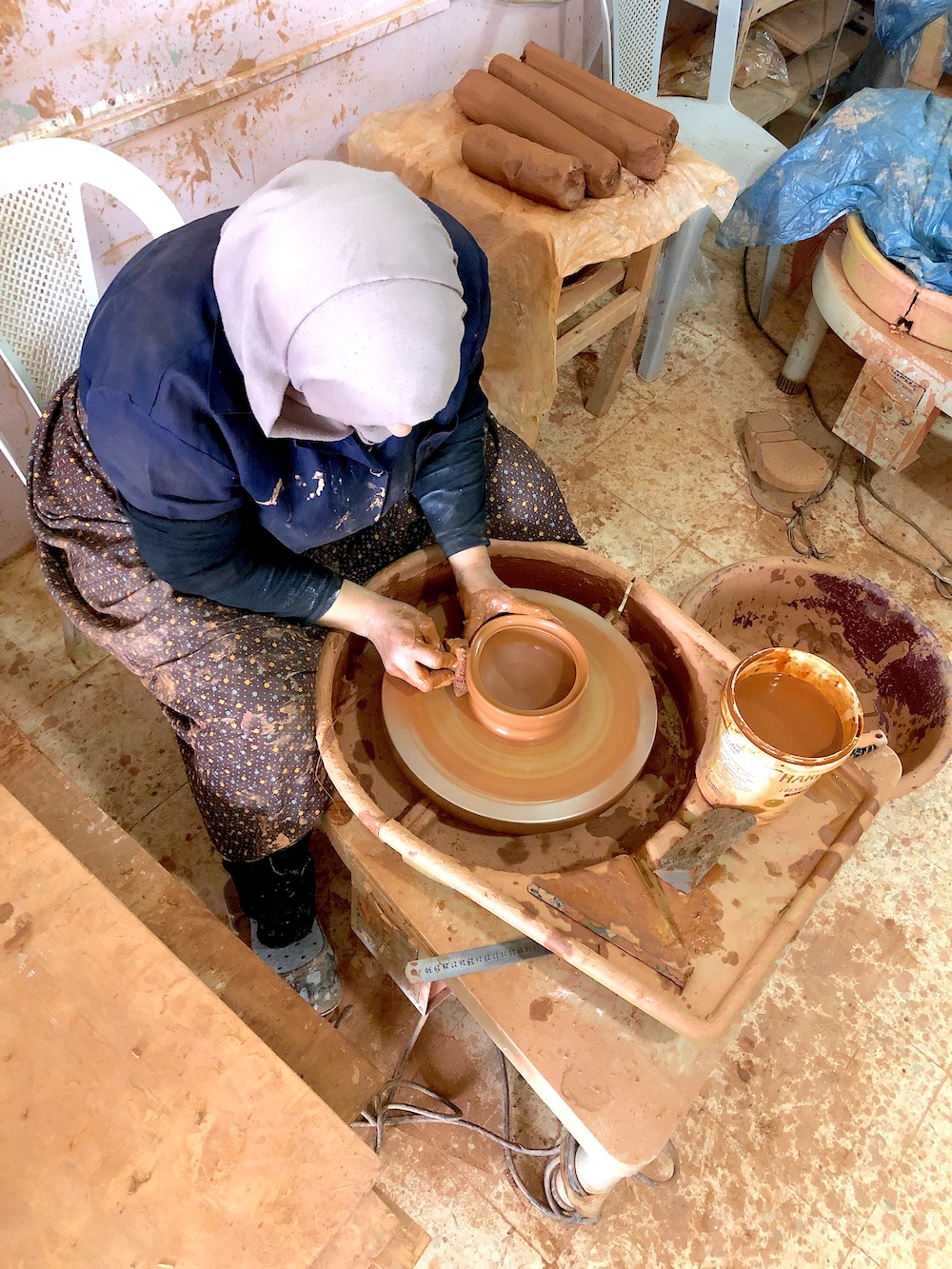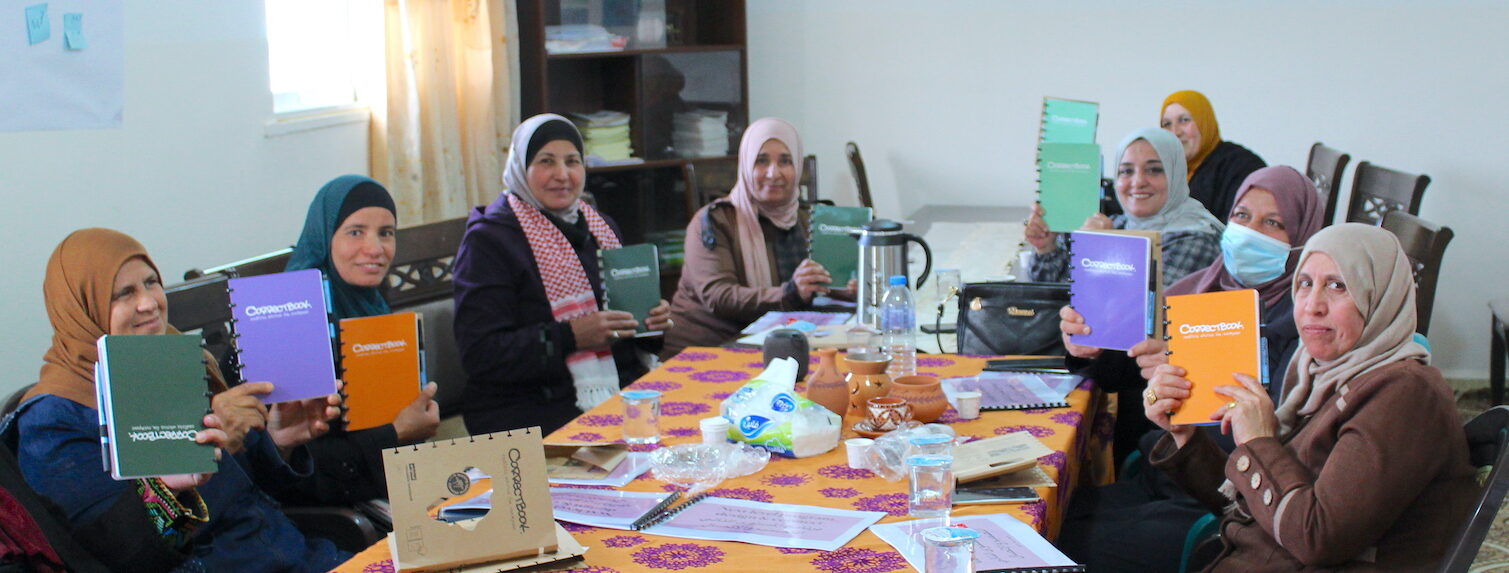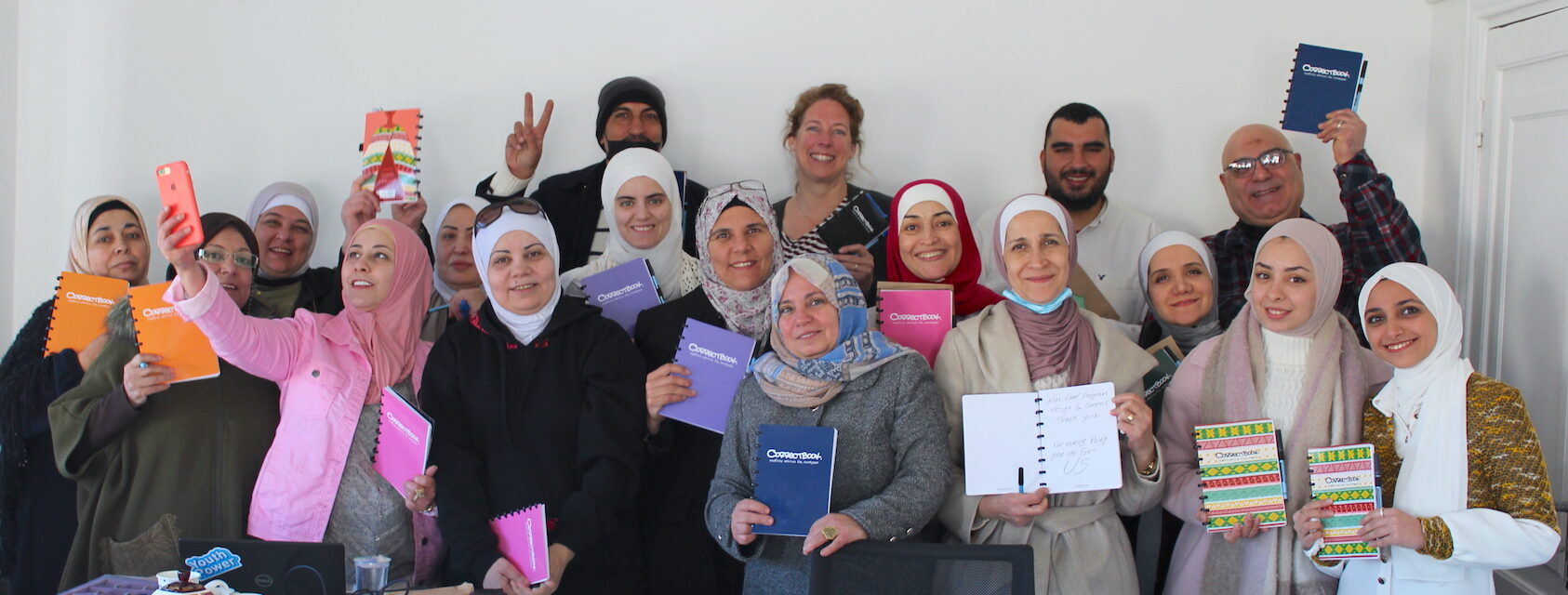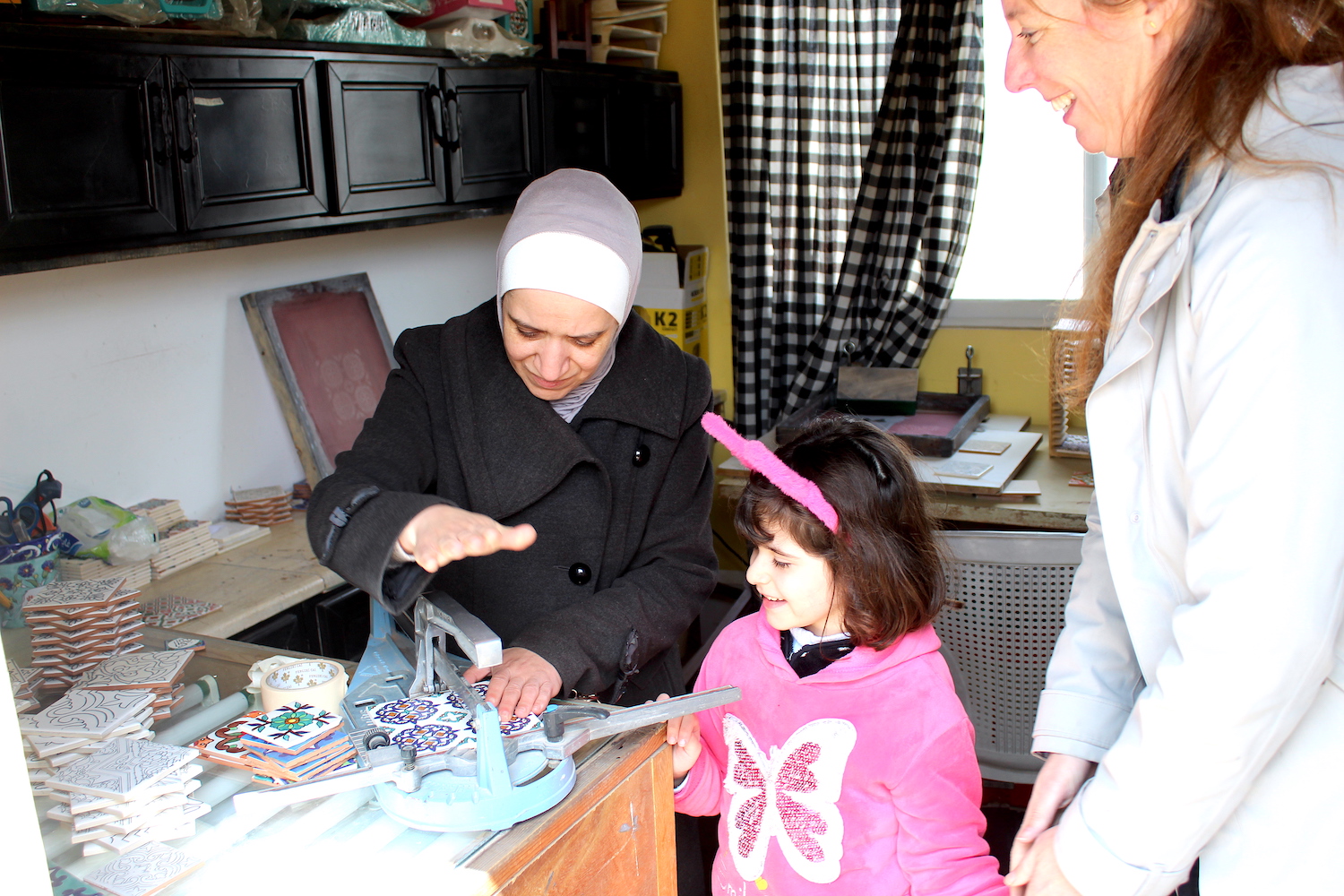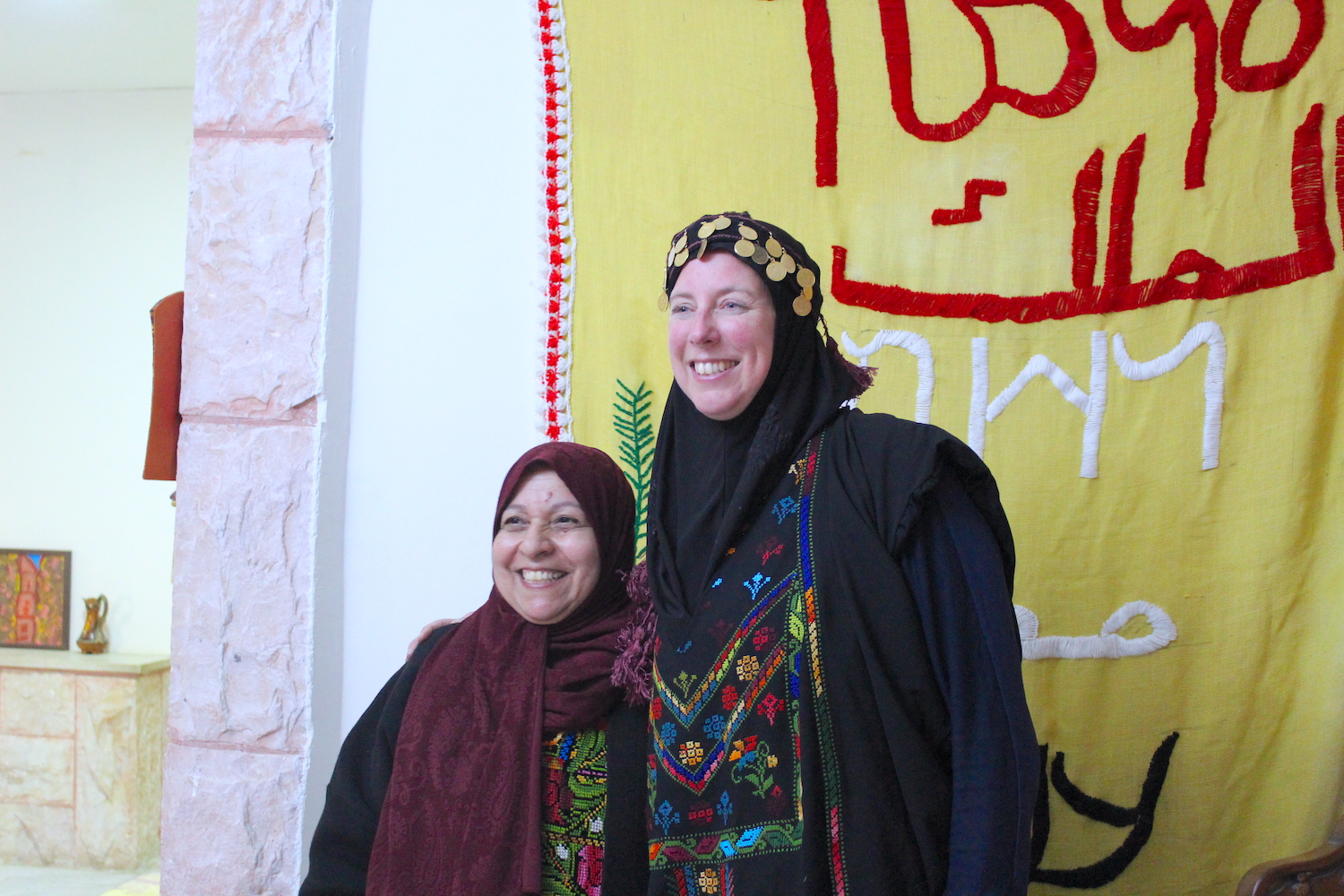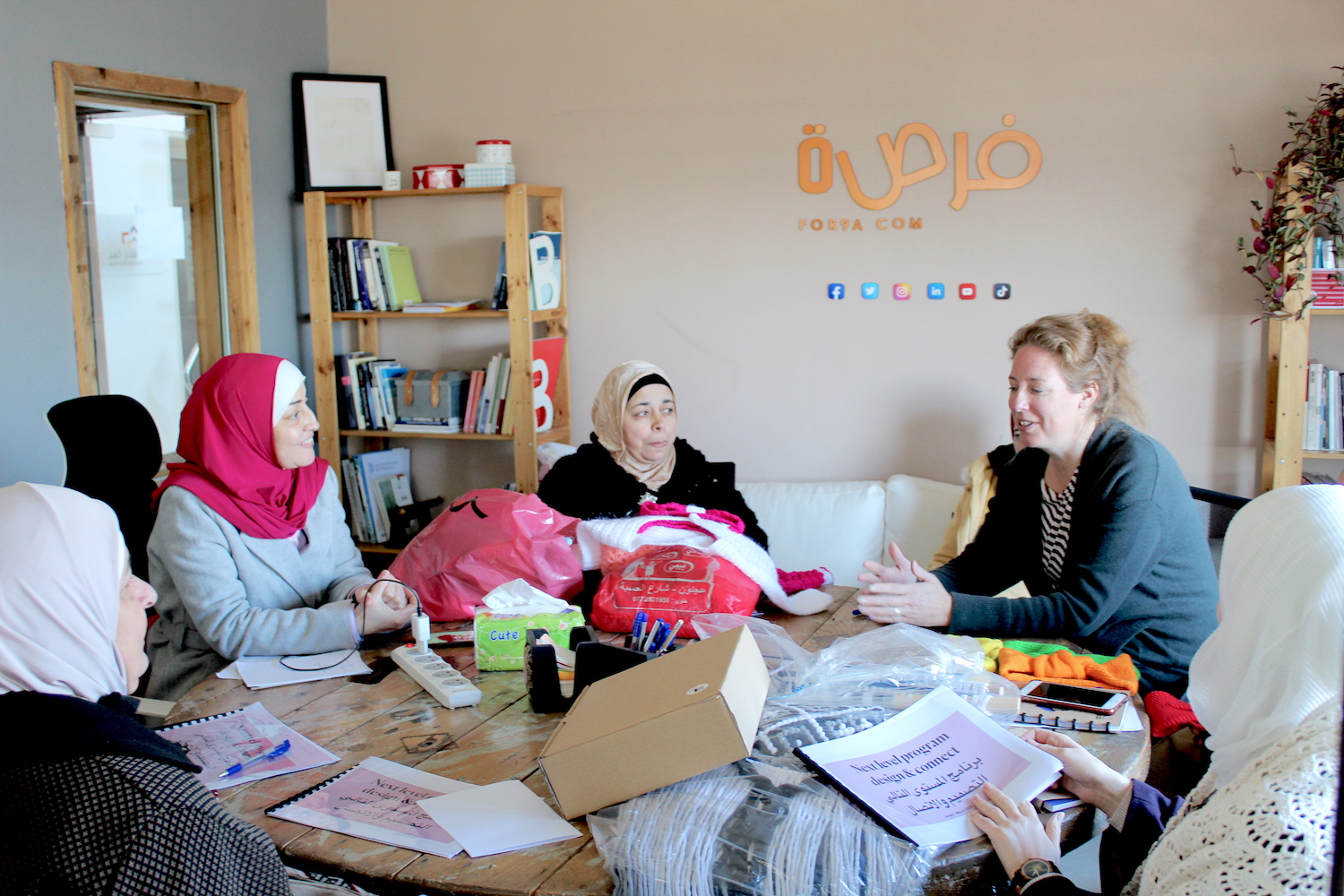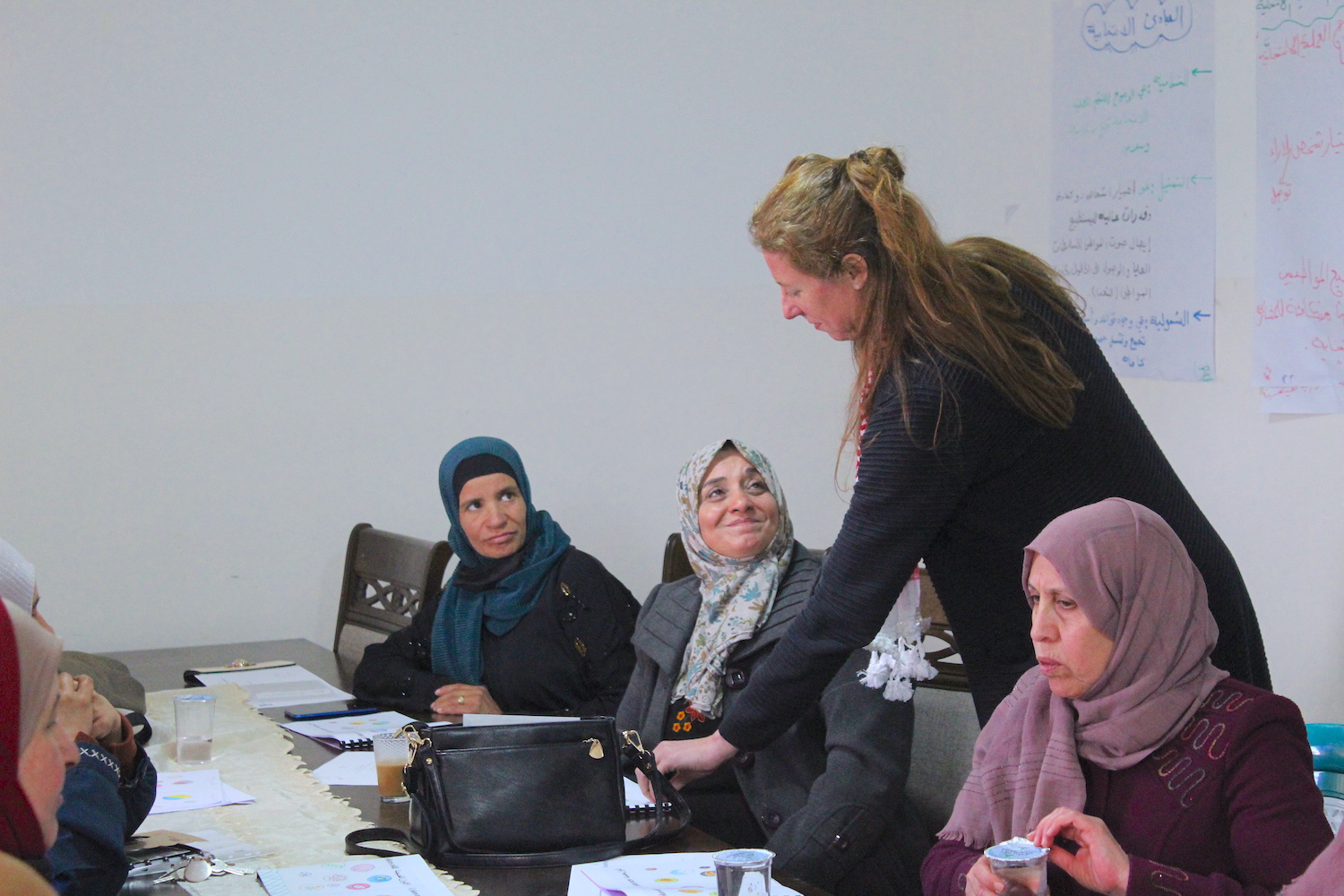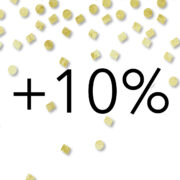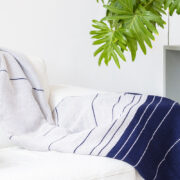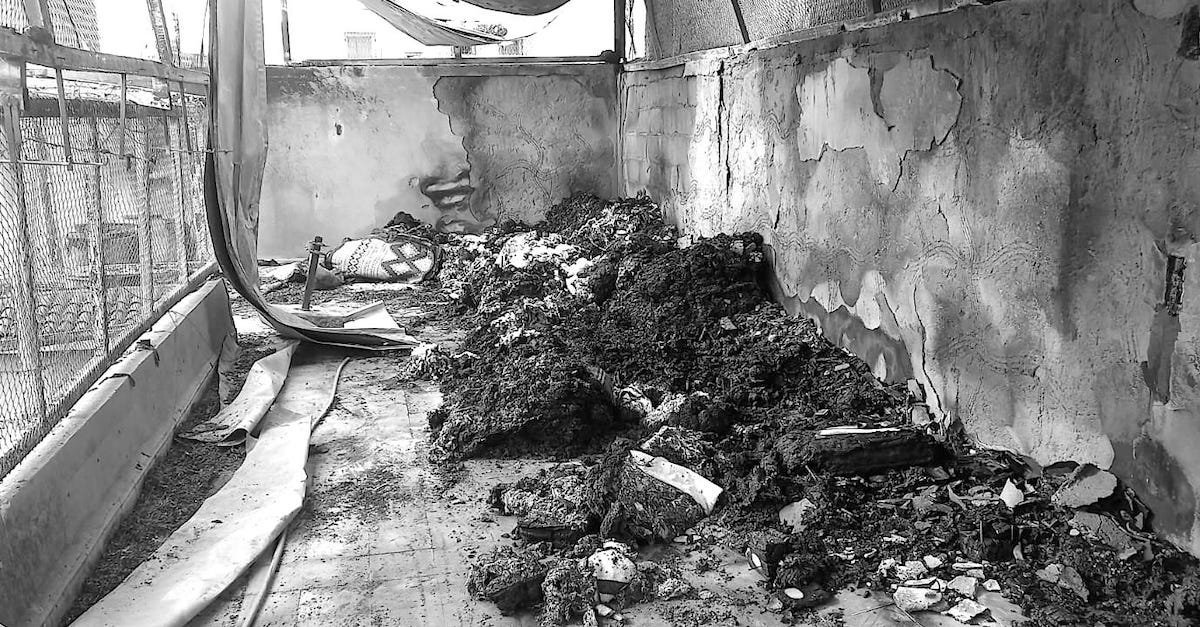
Usually we share good news, because it is of course nice to tell about. Although there is undoubtedly a lot happening behind the scenes, that’s less fun, last Friday’s incident was one of our deepest lows. One of our Moroccan weaving cooperatives has completely burned down.
When we first met 7 years ago, there were about 40 people working, now there are 700. The cooperative is located in a small rural community in Central Morocco. Almost every family within this community is connected to the weaving cooperative through one or more family members. Meaning that this disaster affects the entire community, who now have no income.
In addition, the cooperative supports homeless people and problem young people from the immediate vicinity through its own workshop. They offer these people a new future perspective by learning a trade.
Fortunately, they are brave and powerful. The whole village is helping to clean the weaving cooperative, so that they can start rebuilding soon. But they have to start all over again. All weaving looms have been lost, including the wool stock, the complete presentation room, the office, etc.
You can make a donation
to financially support the cooperative
in its reconstruction.
Please contact us so that we can transfer 100% of your donation to the cooperative.
In recent years they have made several products for Fair Fabrics, including cushion covers. We generally do not have any stock of products, as we only produce on demand. Often our producers make spare or extra products, in the end we buy them from them so that they do not get stuck with them. At the moment we have two different cushion sets available from this special Moroccan cooperative for sale in our web shop.
Naturally, we contribute directly to the construction. In addition, we want to donate a substantial part of each cushion set sold directly to our cooperative.
Cushion cover set 1: donation to the cooperative € 37,50. (sales price € 75 in. VAT)
Cushion cover set 2: donation to the cooperative € 50. (sales price € 99 in. VAT)
The shipping costs are for our account.
While stocks last.

